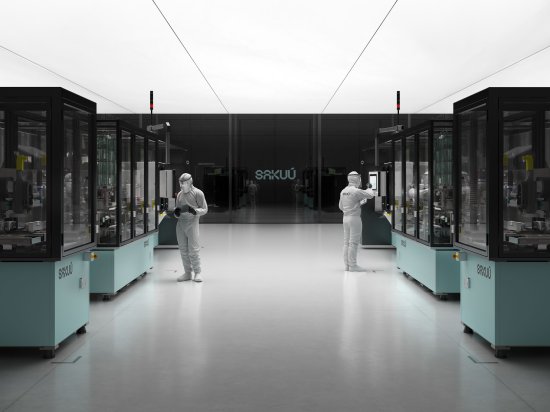
Polluting, potentially explosive lithium-ion batteries hamstring the promise of electric cars that could be lighter and more environmentally friendly—not to mention phones, medical devices, and other consumer electronics that also rely on this liquid-electrolyte technology. In the move toward solid-state batteries, Sakuu’s Kavian platform for 3D printing electrodes stands out for not using any liquids. “The root of all evil in battery manufacturing is the wet process,” says CEO and founder Robert Bagheri. In addition to the speed and efficiency of 3D printing, Kavian uses fewer toxic chemicals and eliminates the traditional process of re-drying a powder slurry, which takes time and 100-meter-long ovens. A McKinsey analysis found a 55% Scope 2 carbon dioxide emissions reduction—meaning lower energy use—for electrode manufacturing using Kavian, which SK On, the world’s fifth-largest supplier of EV batteries, has already started using.